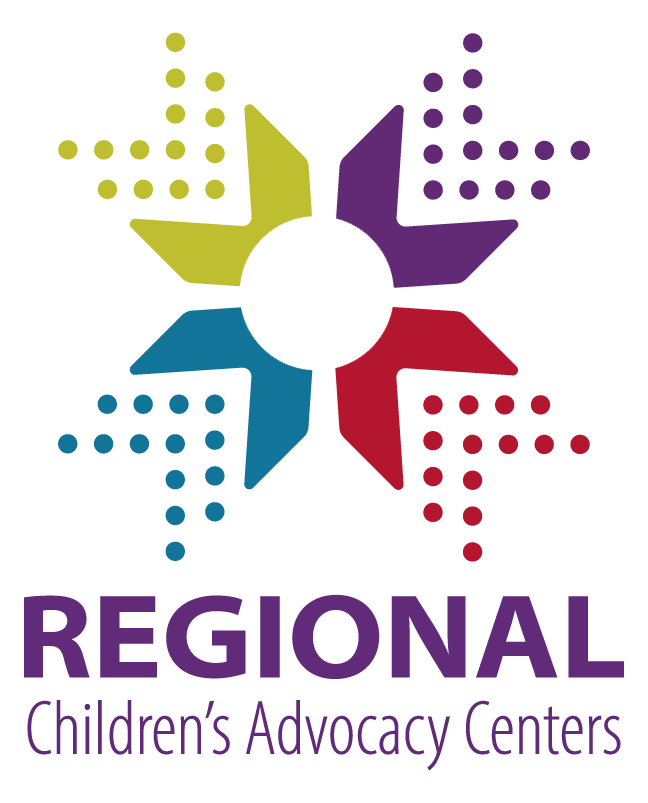RCAC Acronym & Terminology List
This list, created by the RCACs, helps professionals and stakeholders quickly understand and navigate some of the key elements of the field.

Regional Childrens Advocacy Centers
Training and Technical Assistance Centers
This list, created by the RCACs, helps professionals and stakeholders quickly understand and navigate some of the key elements of the field.
This guide, created by NRCAC in 2021, provides an overview and strategies for working with children with Autism Spectrum Disorder.
This guide, created by NRCAC in 2021, provides an overview and strategies for interviewing children who are non-verbal.
This guide, created by NRCAC in 2020, provides an overview and statistics on child victims with disabilities.
This guide, created by NRCAC in 2020, provides resources for child victims with disabilities.
This guide, created by NRCAC in 2021, provides resources for first responders and being prepared to encounter individuals with a disability.
This training video, created by NRCAC in 2022, spotlights the dynamics of working with children with disabilities in child abuse cases from the perspectives of forensic interviewers, first responders, and prosecutors.
For CACs who are interested in building relationships with tribal communities in their areas, this guide, created by SRCAC in 2019, will help you gain a better understanding of the “Listen and Learn” concept, how to initiate contact with tribal leaders with the help of your state Chapter, your Regional CAC, and NACA (Native American Children’s Alliance); and how to plan and conduct a successful Listen and Learn.